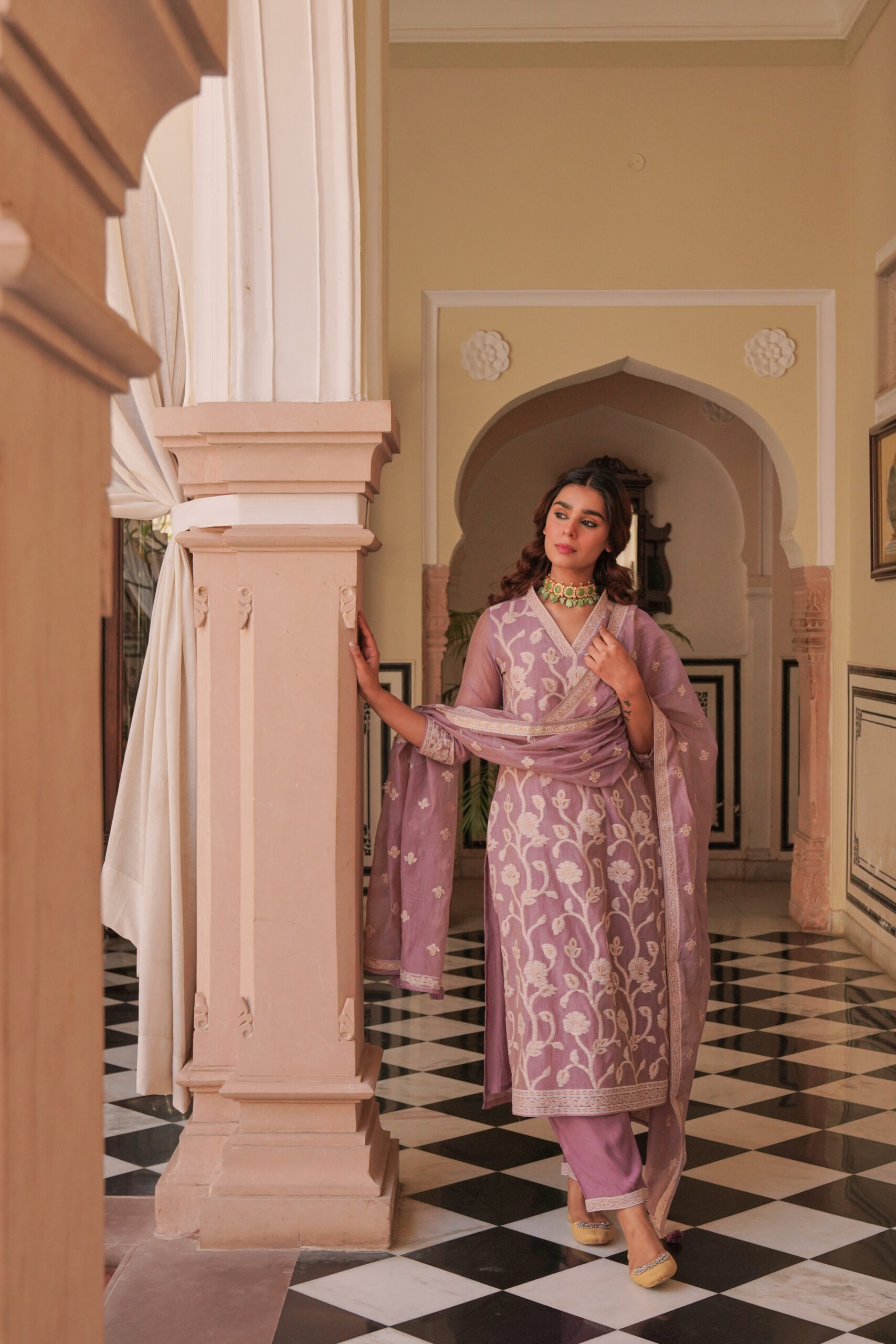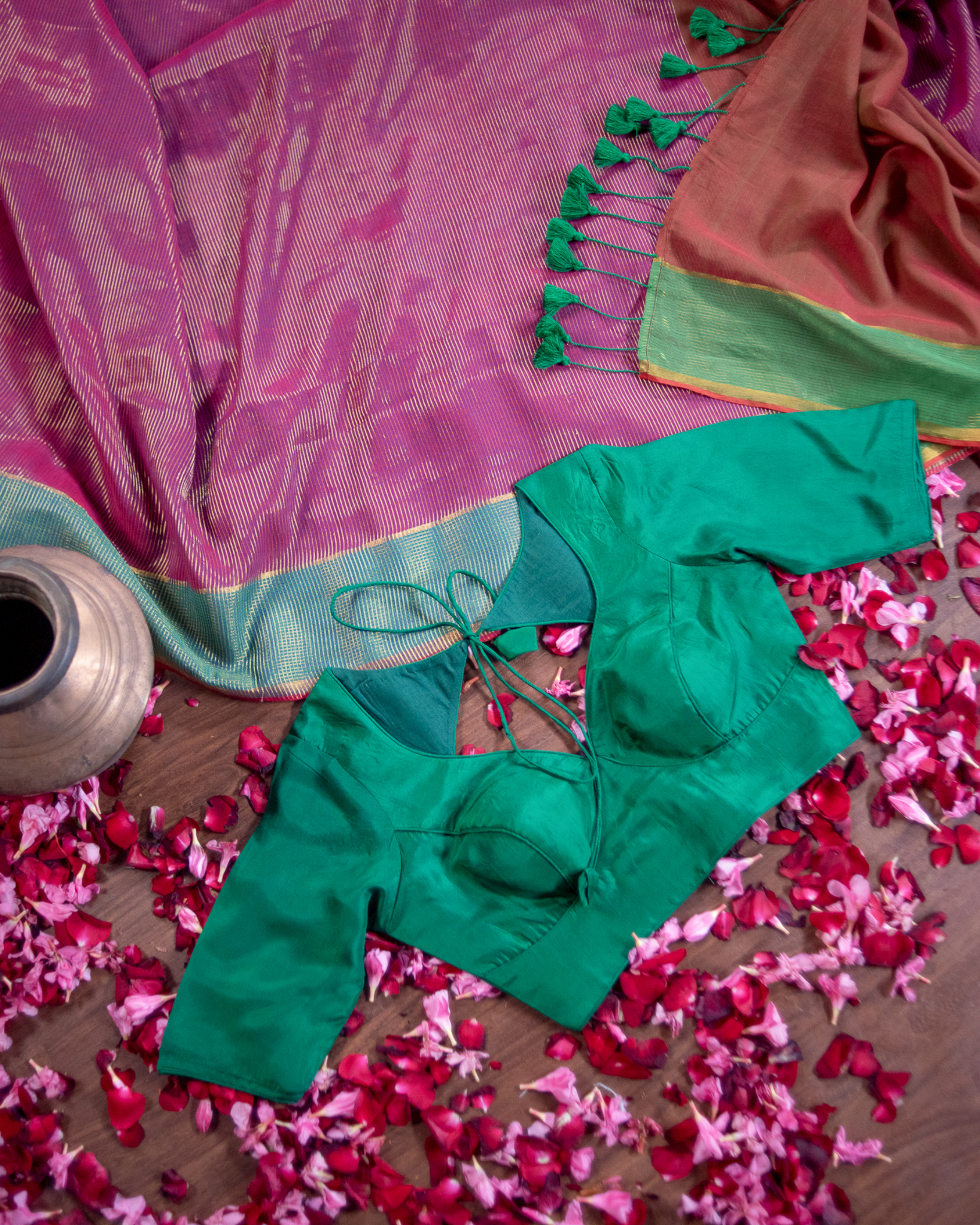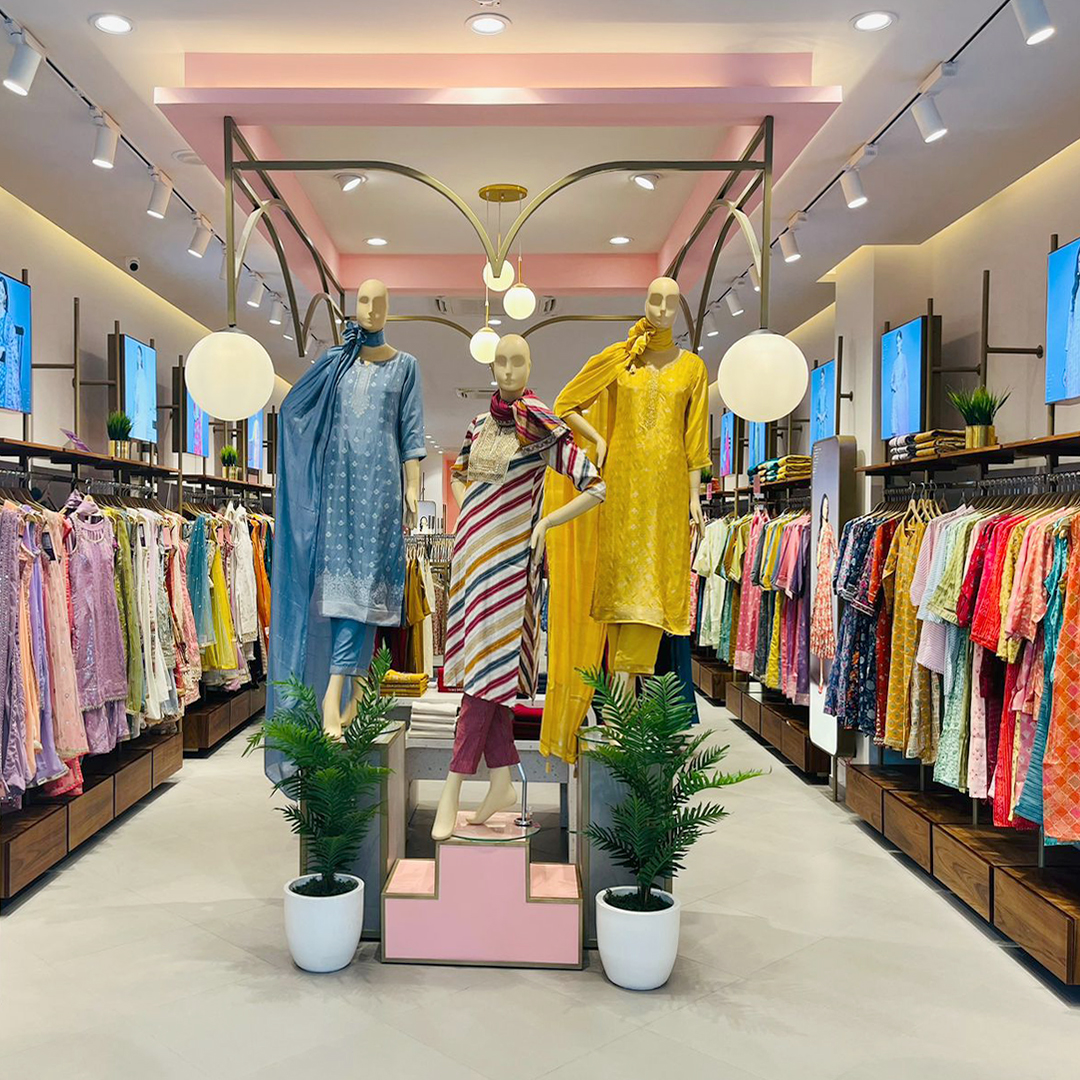India’s ethnicwear market has undergone a notable shift over the past decade. Earlier, especially in metro cities, ethnicwear was largely seen as occasion wear—clothes people wore during festivals, weddings, or traditional functions. This perception has changed slowly but gradually over the last few years, thanks to emerging styles such as smart casual ethnicwear and ethnic fusion wear.
Today, the segment is no longer confined to special occasions. It has made its way into everyday contemporary fashion, bringing people closer to their cultural roots through clothes that are traditional yet resonate with modern sensibilities.
Riding this wave of change has been a surge of direct-to-consumer (D2C) ethnicwear brands in the last few years in India. These new-age labels are redefining the segment by innovating across the value chain—reviving age-old crafts and indigenous textiles, promoting size inclusivity, and offering sustainable fashion choices through effective storytelling.
We bring you a list of 5 D2C ethnicwear labels making waves in the digital space by bringing a fresh perspective to traditional fashion.
Bunaai
Founded in 2016 by Pari Choudhary, Bunaai is a Jaipur-based ethnic and fusion wear label. Bootstrapped with Rs 50k from Pari’s own savings, the brand has established a strong online and physical presence since its inception.
The brand seamlessly blends traditional Rajasthani craftsmanship with contemporary designs that appeal to the modern women offering a range of products including kurta sets, lehengas, co-ords, and accessories.
While its website serves as the primary sales channel, the brand is also available on marketplaces including Nykaa and Myntra. Along with its online presence, the brand has also established its physical presence with stores in Jaipur and Indore.
By FY22, the brand had achieved revenue of ₹34 crore and served approximately 90,000 customers. Its product catalog, which now also includes menswear, has expanded to over 800 SKUs.
In 2023-24, Bunaai’s turnover increased by a significant 12-15%. Looking ahead, the brand anticipates continued growth driven by its expansion into tier 2 & 3, innovative product offerings, and enhanced customer experience.
FASHOR
Led by husband & Wife duo Vikram and Priyanka Kankaria, Fashor is a women’s ethnicwear brand founded in 2017 with a vision to democratise stylish clothing for the burgeoning Indian middle class. Drawing inspiration from her successful premium brand, Envy Me, Priyanka identified a market gap where major fashion labels catered primarily to the affluent few, and hence decided to fill that white space.
A pioneer in the D2C segment, Fashor serves a large customer base on its website and app; the brand is also available on marketplaces including Myntra, Ajio, Tata CLiQ, and Nykaa Fashion. It is also available in over 100 locations across large format stores like Shoppers Stop & Lifestyle.
Fashor is also growing its omnichannel presence with exclusive stores present in multiple cities including Kattupakkam, Chennai, and RS Puram, Coimbatore. The brand remains on track to open over 100 EBOs across India by 2027 on the back of a $5 million investment from Blume Ventures.
The brand’s collaboration with Bollywood star Sara Ali Khan as its first brand ambassador has further boosted its appeal.
Suta
Suta was co-founded by sisters Taniya and Sujata Biswas in 2016. Interestingly, the name ‘Suta’ means ‘thread’ and combines the first syllables of the founders’ names. Based in Mumbai, the brand was born out of a desire to revive India’s artisanal heritage by blending traditional crafts with modern design. Incidentally, Suta works with over 17,000 artisans across India, offering them stable employment and the encouragement to continue practising age-old crafts.
Rooted in storytelling, sustainability, and inclusivity, Suta has carved a unique space in the Indian fashion landscape by blending traditional crafts with contemporary aesthetics. From sarees and blouses to dresses, menswear, accessories, and home décor, each Suta product reflects inclusivity, shatters stereotypes and is forward-looking in its approach.
As a digital-first brand, Suta derives approximately 65–70% of its revenue from online sales through its e-commerce platform. It is also growing its physical presence with 14 stores across key Indian cities. Following a robust omnichannel strategy, the brand also sells on marketplaces including Myntra, Ajio, and Nykaa Fashion. Suta reported an annual revenue of ₹75 crore for FY 2023–24.
Libas
Though not born as a D2C label, Libas has become one of the category leaders with its strong pivot to digital in recent years. The brand was founded in 1985 by Sunil Keshwani in Delhi as a modern ethnicwear label. In 2014, when his son Siddhant Keshwani took over, the brand began its transformation from a traditional family-run business into a digitally driven brand. With a focus on fast fashion and fusion styles, it has re-imagined ethnicwear for everyday wear, office use, and modern lifestyles.

Today, Libas operates with an omnichannel approach, boasting a strong online presence and over 25 exclusive stores, with plans to scale to 100+ stores by 2026. Backed by trend-driven design, celebrity collaborations, and smart tech integrations like virtual try-ons and logistics optimisation, Libas is setting new benchmarks in accessible, aspirational Indian fashion.
Recently the brand has signed on with Zepto as its Quick Commerce partner to deliver ethnicwear in just 10 minutes.
trueBrowns
Founded in 2019 by Udita Bansal, trueBrowns is an urban ethnic lifestyle brand that blends India’s traditional aesthetics with contemporary style. The brand was launched to address the gap in high-quality, size-inclusive, and affordable ethnicwear. Since its inception, the brand has entered the international market and also launched a menswear line.
With a strong online-first approach, trueBrowns generates over 80% of its revenue through e-commerce, reflecting the growing preference for online ethnic wear shopping. While its retail presence spans across India, including Tier II cities and beyond, the brand also operates a global website catering to international consumers.
trueBrowns is on a robust growth trajectory, with its Annual Recurring Revenue (ARR) expected to reach ₹100 crore by 2026, driven by innovation, sustainability, and customer-centric offerings.



